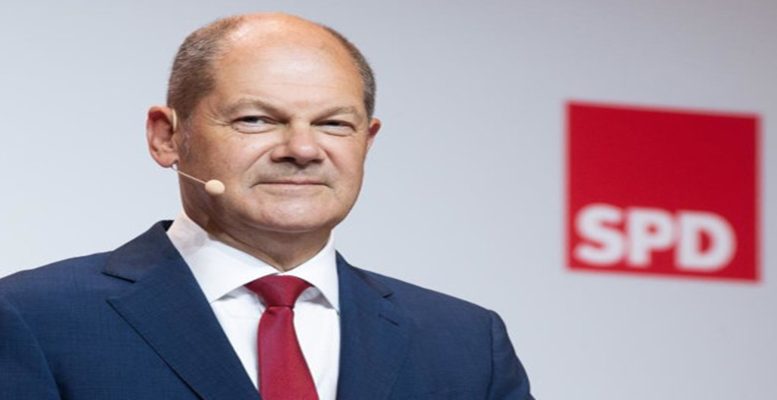Two months after the elections, the “traffic light” coalition – formed by social democrats, ecologists and liberals – has reached an agreement to govern the country, with Olaf Scholz, Merkel’s former finance minister, as chancellor. The agreement leaves seven ministries to the SPD, including defence and housing, as well as the power to appoint the next president of the Bundesbank. This post could go to Isabel Schnabel, currently on the board of the ECB. The Greens will have five ministries, including a macro-ministry for Climate and Foreign Affairs, while the Liberals will have four, including Finance and Justice. A new Ministry of Construction is also planned, with the aim of increasing the housing stock by 400,000 a year.
With the FDP’s Lindner at the helm of the economy ministry, much of the additional investment needed will depend on policy changes to create incentives for the private sector, especially given the SPD and Greens’ spending priorities: not cutting pensions, raising the minimum wage to 12 euros, accelerating the cessation of coal production by 2030 and increasing investment in renewable energy.
“Given that public sector investment is likely to remain limited, coherent policy reform will be crucial to incentivise growth in private sector investment, particularly in digitalisation and the environment. If only to meet the government’s very ambitious carbon reduction targets,” says Eiko Sievert of Scope Rating.
In this respect, the head of the IFO institute, Clemes Fuest, has already pointed out “that accelerated depreciation is an effective and very attractive tool for promoting growth. It also helps modernise the capital stock while costing the state comparatively little. Limiting depreciation to digitalisation and climate action, as planned by the traffic light coalition, is not appropriate”.
An Ifo study shows that providing broad-based support for corporate investment by shortening the depreciation period to 40 percent of its previous duration would initially result in tax losses of around 17 billion euros. After a transitional period, however, it would drive investment, employment, and wages significantly higher. In the long term, this would deliver as much as 8.5 billion euros in additional tax revenue per year. Moreover, economic output would be 3 percent higher than without the reform.





